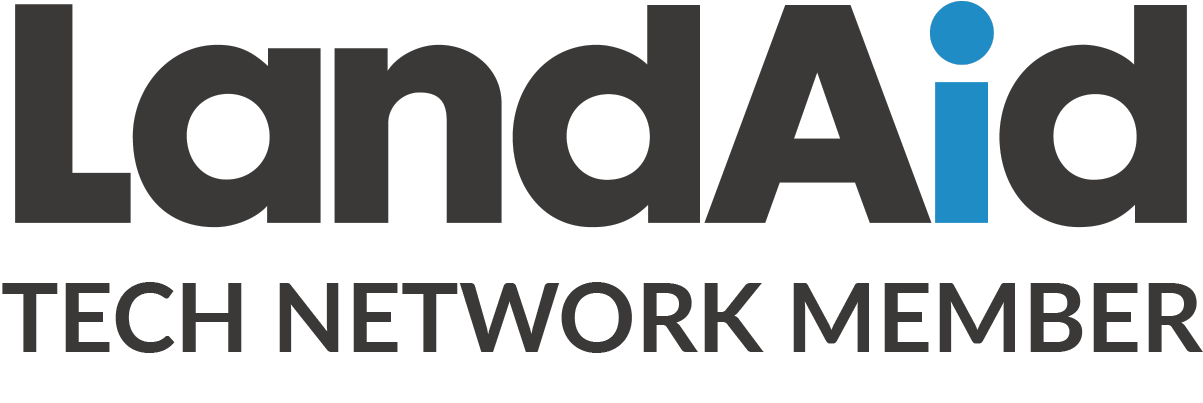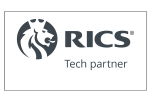In a recent blog on the modern facilities manager, we highlighted how these professionals are expected to fulfil a wide range of responsibilities. Working across both residential and commercial property management, they are typically required to handle maintenance schedules, security protocols, space planning, and vendor relationships.
This blend of tasks can prove a challenge, with the prospect of having to deal with equipment breakdowns, safety concerns, budget constraints, and varying expectations as to the optimal use of spaces. However, technology is making a positive difference by driving improvements in efficiency, responsiveness, and cost reduction.
Tying in with the publication of our latest white paper on embracing the future through digital transformation, this blog will focus on the changing nature and digital potential of facilities management work.
Digital transformation in real estate operations
Facilities management is sometimes viewed as a role that has largely not kept pace with technology. There has been some reluctance to move away from legacy processes, and building inspections are still carried out using basic checklists, with the findings noted down in unwieldy logbooks.
This has made it difficult to find relevant data or documents at the drop of a hat, with maintenance work typically being triggered by tenant or staff reports.
While some facilities managers may have lagged behind in technological change, there has been significant progress recently. Efficiency gains have been made as a result of investment in smart building technologies and facilities management platforms. Digital connections between landlords, tenants and property managers have resulted in the reduction of response times and all-round satisfaction. Even the most basic enhancements in communication have led to the reduction of operational costs by 20% – 30%, with a similar increase in tenant retention rates.
Technology is increasingly being seen as key to the growth and development of the built environment. However, there’s still some way to go in navigating the ever-widening choice of technological solutions and overcoming barriers to integration.
Questions are still to be answered as to the best means of technological up-skilling and use of digital facilities management platforms, things that will need to be overcome for the realisation of positive change.
Bringing tech and facilities management together
As the rate of change accelerates, facilities managers are under as much pressure to adapt as any other property professional. This means adapting to the introduction of new technologies, regulations, and tenant expectations. It means having the knowledge required to realise the benefits of automation, data connection, and compliance.
These challenges can be met through the integration of property technology for positive impacts on:
- Efficiency – streamlining tasks and increasing the amount of time to focus on people-centred tasks and meaningful business strategies
- Compliance – monitoring and maintaining compliance with new and established property regulations
- Proactive maintenance – transitioning from reactive to proactive maintenance strategies to ensure that property issues are handled before they escalate
- Insight-driven decision-making – ensuring the focused collection of data for the building of a complete narrative and operational view that forms a “golden thread”.
The prospect of raising the facilities management bar depends on continued awareness and integration of the best technologies. Moving beyond a focus on space utilisation and energy consumption, this will involve the integration of technology, data, and analytics for better performance and productivity.
It calls for the integration of an end-to-end facilities management solution which allows organisation-wide collaboration and improved performance in the role. Such software should come with planning tools for optimising space utilisation, safety compliance checklists, incident reporting, and vendor management modules.
The need for such advanced technology has been emphasised by Sian Hemming-Metcalfe, Operations Director of Property Inspect: “As the real estate landscape continues to evolve, those who fail to embrace digital transformation risk being left behind in a world where convenience and speed define success.”
How facilities managers can shape change
Property, facilities and asset managers are representative of the wider property sector in having seen significant role changes over recent times. Expected to work alongside and in collaboration with their fellow professionals, facilities managers are required to manage physical spaces, ensuring optimum safety and functionality for tenant satisfaction.
There is a need for connection across each of the three roles, with data-driven insights being vital for the monitoring, risk assessment, and optimisation of property performance.
As already emphasised, the facilities manager has a vital role in maintaining compliance with regulations specific to property safety and tenant wellbeing. There’s a far greater chance of achieving such standards where technology is used for the automated generation of audits and reports.
As Andrew Knight, Global Data & Tech Lead at RICS has said: “The built environment has a huge opportunity to improve the way it collects, manages, analyses and turns data into information, to improve the performance of real estate, and at the same time deliver great spaces for people to live work, and play.”
The technology enabling digital transformation
Focusing on the optimisation of safety, facilities managers must respond swiftly following the identification of equipment malfunctions and personal safety issues. They may also be expected to coordinate maintenance activities across a range of properties.
Such demands may only be met through the use of tools for vendor management, procurement, safety and compliance monitoring, inspections, and maintenance tracking, among other things. Fortunately, all of these capabilities fall within the scope of the award-winning Property Inspect platform.
More specifically, our facilities management software assists FMs on a day-to-day basis with the following improvements:
- Reduction of equipment downtime through timely maintenance
- Improved safety compliance and incident management
- Optimised space utilisation and planning
- Efficient vendor management, leading to cost savings
- Data-driven decision-making for facility improvements.
Enabling the automation of everything from the issuing of supplier invoices to the triggering of corrective actions and work orders, Property Inspect can make the ultimate difference to facility management success.
Integrating with other sources, our all-in-one property inspection and operations software allows for the real-time tracking of building safety. Using this software, facilities managers are able to automate maintenance schedules, send alerts for safety checks and help to streamline vendor communication.
Additionally, FMs can benefit from being able to swiftly capture property conditions and report maintenance issues directly from their phone, tablet or desktop, generate fully compliant reports, periodic inspections, building audits, risk assessments and much more, and ease the admin burden with simple and secure cloud-based record keeping.
Download the white paper

If you’re interested in how facilities managers are embracing the future of digital transformation, download our latest white paper for a more in-depth investigation and perspectives on the digital future of real estate operations.










